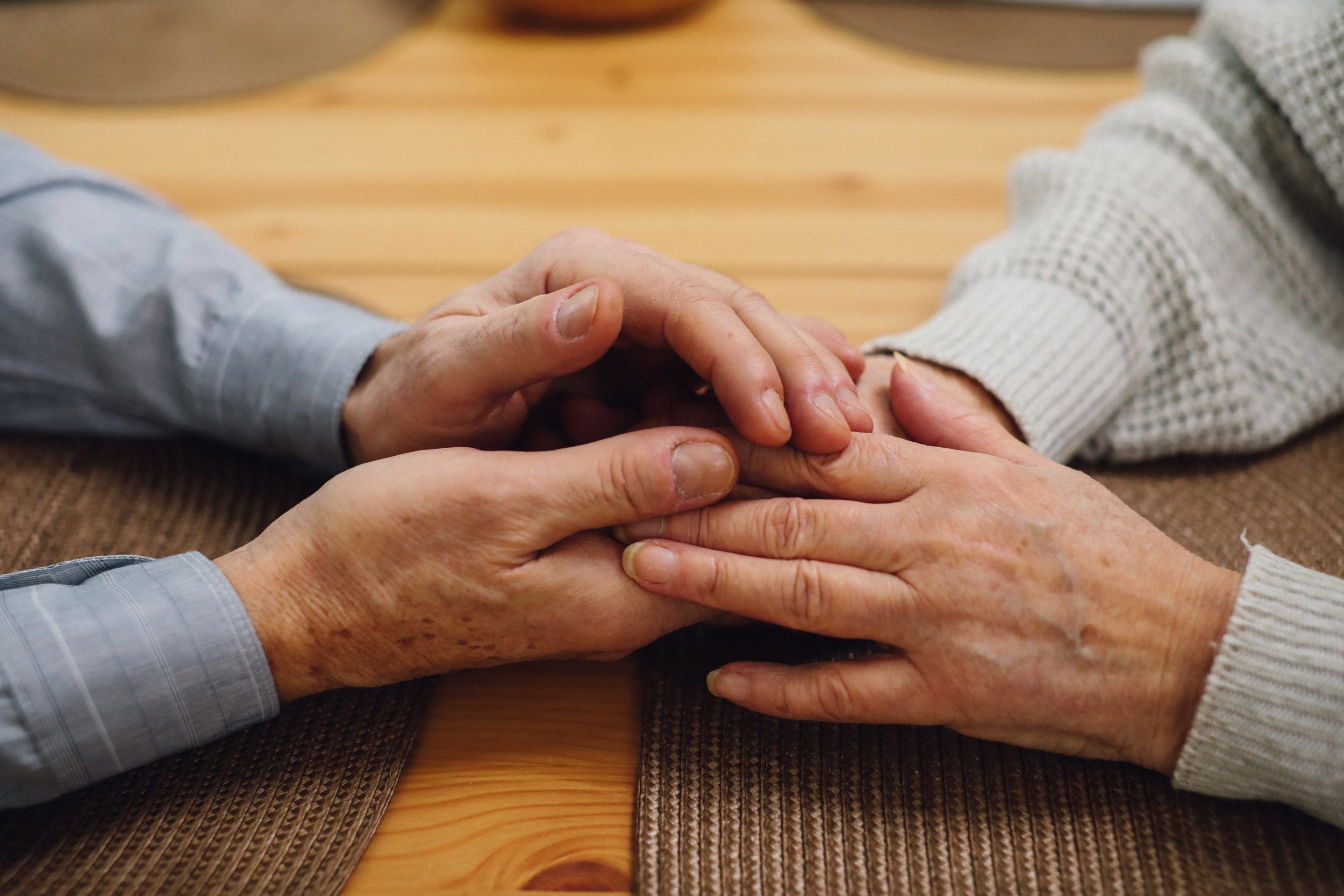Sexuality & Cancer: Impacts of Treatment on Men
In part one of our session with Dr. Anne Katz, we covered the impact of cancer treatment on female sexuality. In part two, we’re exploring the impact on men.
Failing the Demands
Male sexuality comes with a lot of societal pressure about how much sex drive and arousal they “should” have. While these cultural expectations aren’t the norm for every man in any circumstance, cancer treatment definitely exacerbates the demands.
With cancer treatment, one of the biggest issues is erectile dysfunction, and men feel a great deal of shame when they can’t perform as they “should.” Dysfunction can come from inability to achieve erection or trouble maintaining an erection, as cancer treatment can impact the blood flow to the penis.
Another challenge that can affect men is penile shrinkage. A lack of oxygen to the tissues during surgery or radiation can damage those cells and pull back the penis.
Like women, male pelvic floor muscles can also be damaged during treatment. This can lead to incontinence with arousal or orgasm. Issues with pelvic floor muscles can also inhibit sensations of orgasm, cause dry orgasms, or cause very painful orgasms.
Certain cancers like colorectal cancer can also have an impact on men who enjoy anal play — no matter their sexual orientation.
Cancer treatment doesn’t just challenge men’s sexuality with physical changes, but also their emotional capacity. The existential dread and uncertainty that comes with a cancer diagnosis hangs over everyone equally.
Overcoming the Challenges
Treatments do exist, however, to help men through the challenges cancer presents to sexuality.
If men have decreased penile sensitivity, Dr. Katz recommends using a vibrator on the penis, scrotum or perineum. A vibrator will be intense enough to also shut off negative thinking, in some cases.
PDE-5 inhibitors like Viagra, Cialis, Levitra can also be really helpful in men who have reactive loss of libido because they're having erectile difficulty. If the medications are effective in helping them to achieve and or maintain an erection, that can also result in increased libido.
There are very ineffective medications, as well, so this should be discussed with a person’s primary doctor and oncologist.
Cognitive behavioral therapy can help people work through the emotional challenges of sexuality during and after cancer. Men dealing with cancer can get into the cycle of negative thinking and anxiety so addressing those behaviors during therapy can help manage negative thoughts and anxieties.
Couples also need to mourn the loss of what used to be spontaneous, fun, and easy – the time when sex didn't involve medications or other kinds of interventions. In order to move forward in a new way of being sexual with each other, they have to acknowledge the loss in the relationship.
For some men, sexual activity in their past may have been strictly defined, but the definition of sex and pleasure can be expanded based on the sexual difficulties created by cancer.
“Sexual difficulties, sexual problems are not necessarily terrible. They really can encourage people to explore, to open up their sexual repertoire, to do things differently.”
Focusing on pleasure rather than a specific sexual act can improve sexuality for those in treatment for cancer.
Regaining Your Sexuality
A cancer diagnosis impacts every aspect of someone’s life – sexuality included. However, this isn’t often part of the treatment conversation. If you’re struggling to regain healthy sexuality after you or your partner’s cancer journey, we’re here to help.
Contact us today to set an appointment.

